Psychology in the Courtroom 4-2 Final Project Milestone Two.docx- Snhu
$3.99
Psychology in the Courtroom 4-2 Final Project Milestone Two.docx- Snhu
THE EVALUATION PROCESS:Completing a psychological assessment for an individual involved in a court case,whether it be a defendant, victim, or witness, can be very useful in the case by adding scientific data, evaluation results, professional recommendation, truthful information, etc.In fact, some research shows that with a proper evaluation by a psychologist, utilizing their own knowledge and assessments, will better determine if eye witness statements area reconstructed/suggested memory or a legitimate memory (Schooler, Gerhard & Loftus,1986). The results from a psychological assessment can be used in combination with the other evidence submitted in a case.As the psychologist doing the assessment, they should have access to any prior psychological records of the individual. For instance, they should have full access to any previous psychological testing, psychiatric treatment, previous psychiatric medical records, etc. All of this previous psychiatric history of the individual as well as any other collateral information should be taken into consideration and used in the psychologist’s evaluation of them.By completing this psychological assessment of the individual, it will help determine their personality type and characteristics, their mental capacity, competency, Purpose of Referral:Ms. C was referred by the state courts for a mental health evaluation to determine her substance dependency potential relative to Child Protective Services (CPS) as well as her community supervision for probation. The information gained from the evaluation will be used at her upcoming CPS review as well as her probation hearing.Procedures:The different assessment type tests and used in this case study were the SymptomAssessment-45 (SA-45), the Substance Abuse Subtle Screening Inventory-3rded. (SASSI-3), andthe Spousal Assault Risk Assessment (SARA)
Description
Psychology in the Courtroom 4-2 Final Project Milestone Two.docx- Snhu
THE EVALUATION PROCESS:Completing a psychological assessment for an individual involved in a court case,whether it be a defendant, victim, or witness, can be very useful in the case by adding scientific data, evaluation results, professional recommendation, truthful information, etc.In fact, some research shows that with a proper evaluation by a psychologist, utilizing their own knowledge and assessments, will better determine if eye witness statements area reconstructed/suggested memory or a legitimate memory (Schooler, Gerhard & Loftus,1986). The results from a psychological assessment can be used in combination with the other evidence submitted in a case.As the psychologist doing the assessment, they should have access to any prior psychological records of the individual. For instance, they should have full access to any previous psychological testing, psychiatric treatment, previous psychiatric medical records, etc. All of this previous psychiatric history of the individual as well as any other collateral information should be taken into consideration and used in the psychologist’s evaluation of them.By completing this psychological assessment of the individual, it will help determine their personality type and characteristics, their mental capacity, competency, Purpose of Referral:Ms. C was referred by the state courts for a mental health evaluation to determine her substance dependency potential relative to Child Protective Services (CPS) as well as her community supervision for probation.
Psychology in the Courtroom 4-2 Final Project Milestone Two.docx- Snhu
The information gained from the evaluation will be used at her upcoming CPS review as well as her probation hearing.Procedures:The different assessment type tests and used in this case study were the SymptomAssessment-45 (SA-45), the Substance Abuse Subtle Screening Inventory-3rded. (SASSI-3), and the Spousal Assault Risk Assessment (SARA). All of these assessments appear to pass the Daubert standard. The five components of the Daubert standard consist of if the assessment is grounded in scientific methodology, whether or not the procedures used in the assessment are valid and reliable, if there is a known error rate and what that is, whether or not the procedures in the assessment have been subjected to any peer reviews, and finally, if the procedures used in the assessment tool have been generally accepted in the scientific community (Lees-Haley, Iverson,Lange, Fox, & Allen, 2002). The main assessment tool utilized to determine Ms. C’s substance dependency level was the Substance Abuse Subtle Screening Inventory- 3rdedition (SASSI-3). Ms. C’s results for this assessment tool were 70 for the Face-Valid Other Drugs scale (FVOD), 55 for the Face-Valid Alcohol scale (FVA), and 81 for the Obvious Attributes Scale (OAT). These results suggest Ms.C is continuing to abuse drugs and alcohol currently. The SASSI-3has two parts combined into one assessment: some very valid and upfront questions regarding substance and alcohol abuses well as questions that are more subtle and discrete in nature to weed out and pinpoint individuals that have underlying issues with substance and alcohol but are not willing to admit these issues. This test has also been shown through studies to be both valid and reliable(Sadeghi, Najafi, Rostami, & Ghorbani, 2010). This assessment tool is preferable in Ms. C’s case due to the fact that it screens for both alcohol and drug abuse instead of just one or the other.
Psychology in the Courtroom 4-2 Final Project Milestone Two.docx- Snhu
- PSY 211 – Lifespan Development (5015 Documents),
- PSY 215 – Abnormal Psychology (4335 Documents),
- PSY 108 – Introduction to Psychology (3759 Documents),
- PSY 223 – Statistics for Psychology Research (2652 Documents),
- PSY 216 – Psychology of Personality (1841 Documents),
- PSY 510 – Research Methods (1748 Documents),
- PSY 520 – Research Methods in Psychology II (1469 Documents),
- PSY 257 – Psychology (1451 Documents),
- PSY 310 – Criminal Psychology (1393 Documents),
- PSY 200 – FOUNDATIONS OF ADDICTIONS (1379 Documents),
Only logged in customers who have purchased this product may leave a review.

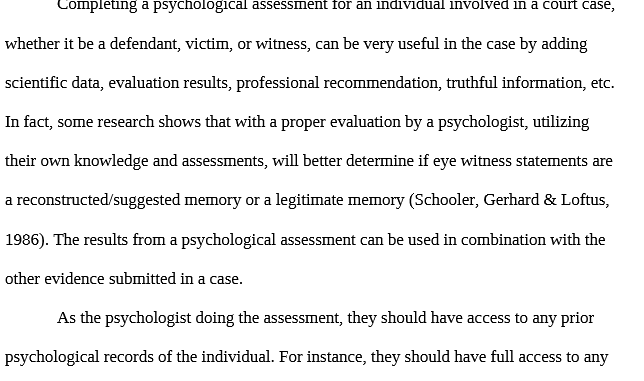
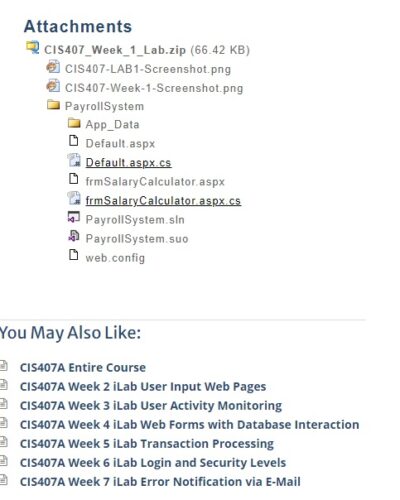

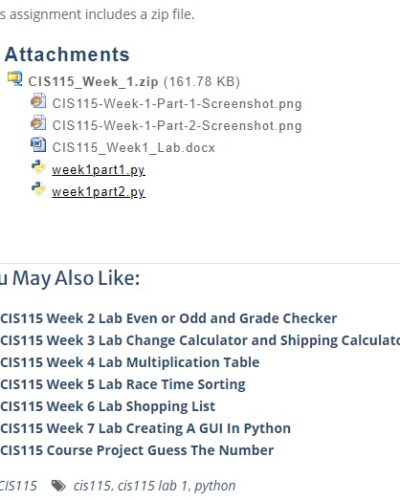
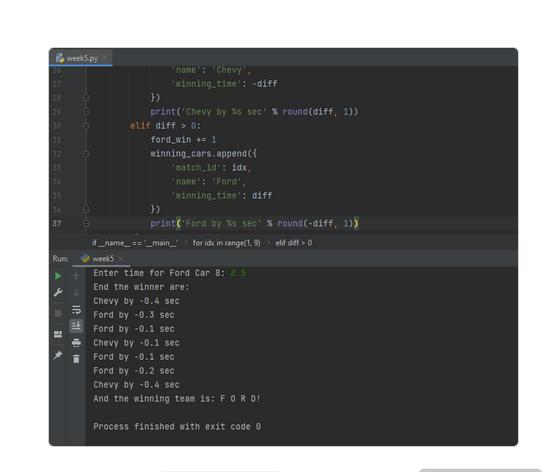

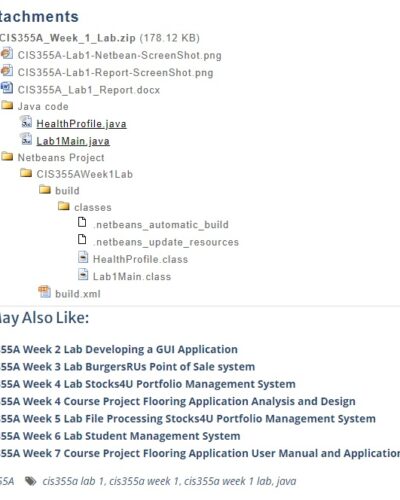
Reviews
There are no reviews yet.